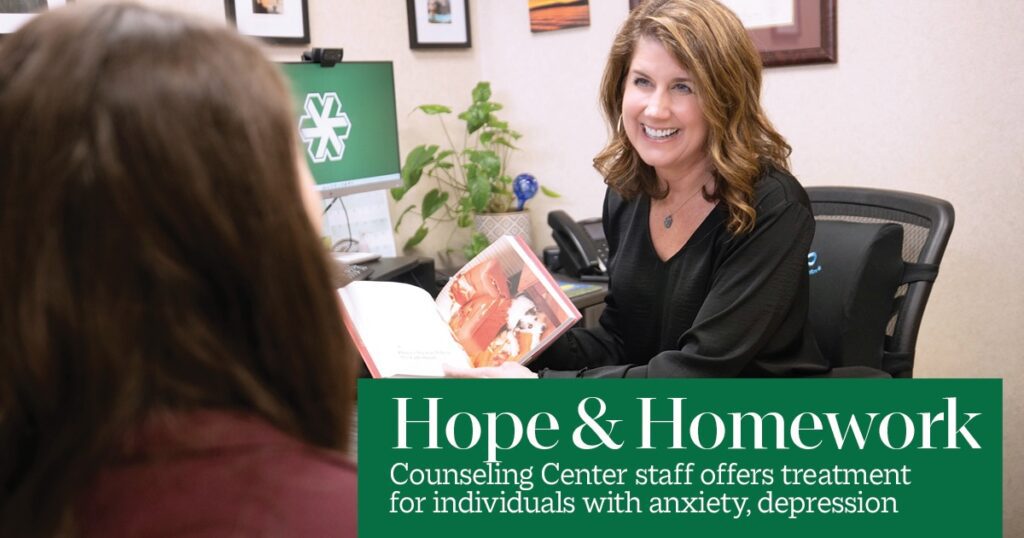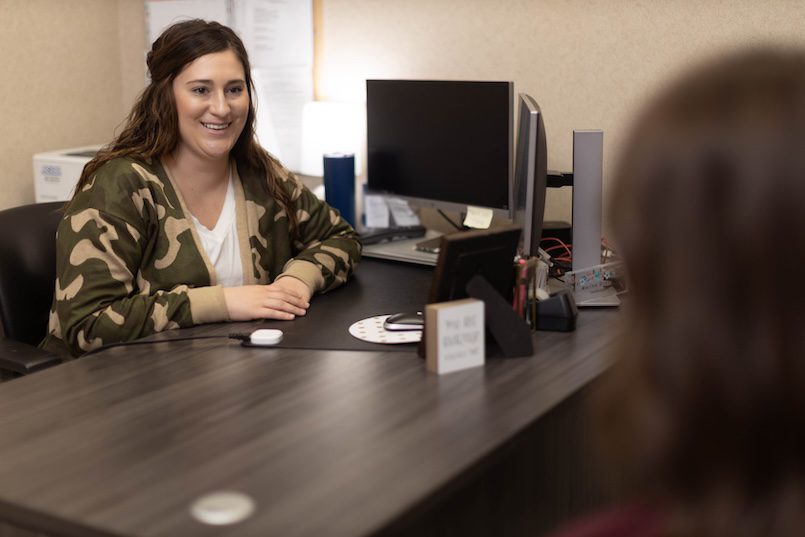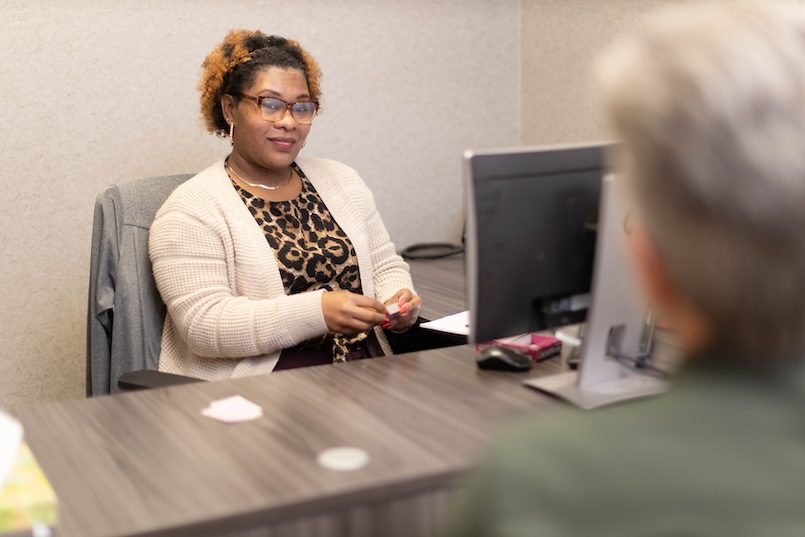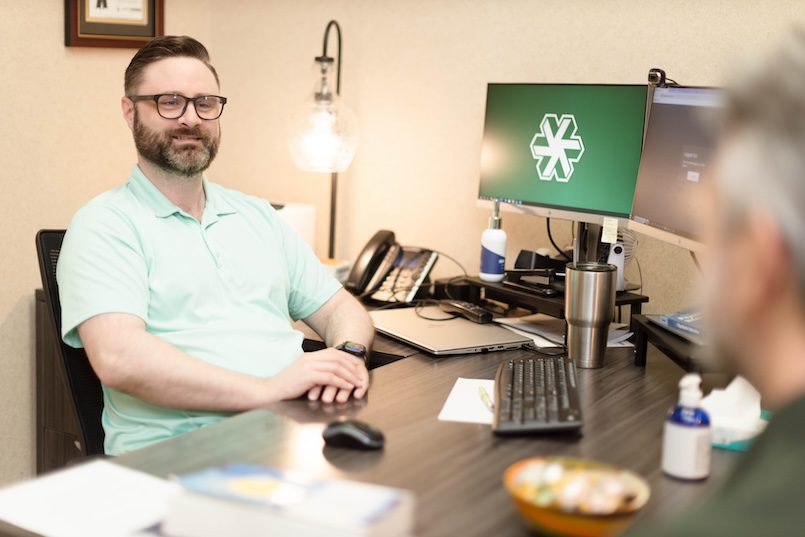31 Mar 2024 Hope and homework
The team at Conway Regional Counseling Center works to overcome a sense of isolation for many mental health clients. “We want everyone to know that if they’re struggling with mental health issues, they’re not alone, and we are here to help,” said Marina Gray, psychiatric mental health nurse practitioner (PMHNP).

Conway Regional Counseling Center provides outpatient mental health services, which include therapy for people ages 16 and older and medication management for ages 8 and older for a variety of mental health concerns, including but not limited to depression, anxiety, schizophrenia, bipolar disorder and post-traumatic stress disorder (PTSD).
The staff is focused on treating mental health issues caused by stressors such as relationship issues, relocation, isolation, loss of a loved one, retirement and more, which can profoundly affect mental health.
Some issues can be eliminated through medication management. “It is an unfortunate reality that some people have had, or know someone who has had, a challenging experience with psychiatric medication,” said Scotty Spurlin, one of three psychiatric mental health nurse practitioners (PMHNP).

“We work alongside you to determine the appropriate treatment, whether that is therapy, medication, lifestyle modifications or a combination of all three. Our goal is to work with you to find a medication that helps you live your life more fully and with as little disruption as possible.”
The staff focus on instilling hope in their patients. “Mental health therapy and counseling helps clients develop layers of coping strategies,” said Londa Revis, a licensed certified social worker (LCSW).
For instance, a client’s mood can be improved with a behavioral change by adding daily exercise to increase blood flow and stimulate neuron production in the brain’s hippocampus.
“What we eat matters,” Revis said. “Do we socialize in meaningful ways that fill our emotional tanks? All of this behavior matters.”

With hope comes homework. “It’s more than therapy,” added Tequlia Pickrom, LCSW. “You have to do the work, but we are here to help you do that work.” Pickrom has a youth counseling background and accepts patients who are 16 and older.
Annette Anderson, MD, a highly experienced psychiatrist, specializes in geriatric psychiatry. She sees adults aged 65 and up for a wide variety of mental health issues, including cognitive disorders and depression.
The first visit consists of an assessment leading to a care plan. A typical plan of care includes counseling and, sometimes, medication management. Once patients are established, they have the option of telemedicine or in-person visits.
The staff and their patients often deal with the stigma surrounding mental health services.
“Some patients, particularly senior adults, do not return after the first visit,” Pickrom said. “They grew up in an era where you don’t talk about these things. However, it’s good for healthy people to come to therapy. It doesn’t make you unstable. It just means you need someone to talk to through life’s challenges.”

Recognizing when to reach out to a counselor can be a barrier as well. Some of the signs that mental health therapy could be helpful include:
• Feeling anxious or overthinking
• Generally feeling overwhelmed by life
• Feeling more down than usual
• Getting angry more easily or struggling to regulate your emotions
• Sleeping more or less than usual
• Significant weight loss/gain or appetite change
Some symptoms by themselves are not an indicator of a mental health condition. The underlying factor is how much these symptoms disrupt someone’s life, according to Jennifer Moix, LCSW.
According to the National Alliance on Mental Illness (NAMI), millions of people are affected by mental illness. Good mental health is important in maintaining a high-quality, independent lifestyle.
Appointments with the Conway Regional Counseling Center can be made through a referral from a primary care physician or other healthcare provider.







